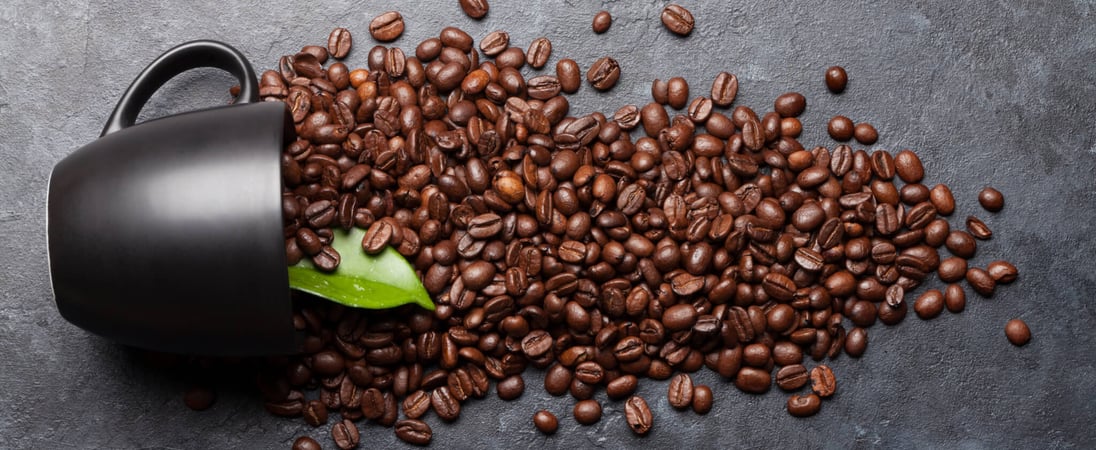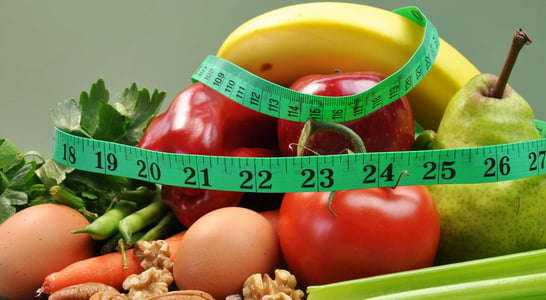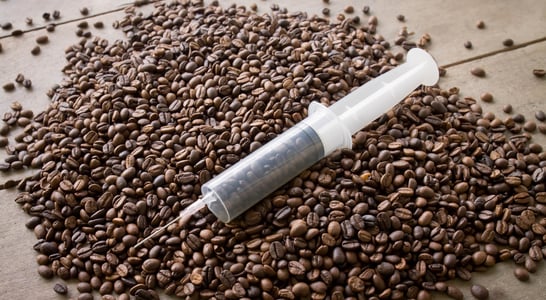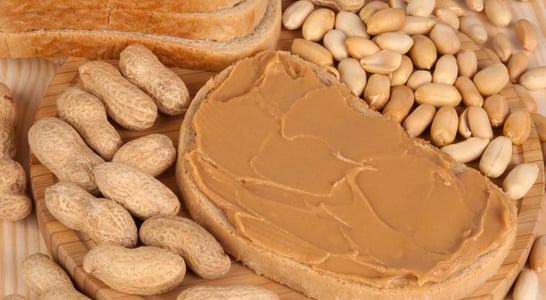
Caffeine Addiction Recovery Month
Caffeine Addiction Recovery Month celebrated every October 1st, sheds light on the impact of caffeine addiction and encourages a path toward healthier habits.
It’s a time when awareness about the effects of caffeine is spread, aiming to support those who want to lessen their caffeine intake or quit entirely.
The month emphasizes the importance of understanding caffeine’s role in our lives and the potential health benefits of reducing consumption.
This observance highlights the serious side of caffeine addiction. It can lead to a range of health issues, such as disrupted sleep patterns, high blood pressure, and digestive problems.
Although caffeine is widely consumed and generally seen as harmless, the dependency can affect daily functioning and quality of life.
The goal of Caffeine Addiction Recovery Month is not just about cutting back but fostering a broader understanding of how caffeine affects our bodies and minds. It encourages a balanced approach to caffeine consumption, aiming to mitigate its negative impacts while recognizing its place in our routines.
To manage or overcome caffeine addiction, it’s advised to gradually reduce intake rather than stopping suddenly.
This helps avoid or lessen withdrawal symptoms, which include headaches, fatigue, and irritability. Strategies such as replacing caffeinated drinks with non-caffeinated alternatives, ensuring adequate sleep, and staying hydrated can aid in the process.
Awareness and education are key components of Caffeine Addiction Recovery Month. They offer a foundation for making informed decisions about caffeine use and promote a healthier lifestyle for those looking to change their caffeine habits.
History of Caffeine Addiction Recovery Month
The origins and significance of Caffeine Addiction Recovery Month aren’t laid out in a straightforward timeline, much like many observances that have cropped up in response to societal trends and health awareness campaigns.
Its establishment is a more recent development aimed at addressing the widespread use and sometimes over-dependence on caffeine in various forms.
The focus is squarely on raising awareness about the potential downsides of caffeine addiction, such as health issues, financial costs, and the impact on daily living.
Caffeine Addiction Recovery Month serves as a reminder of the balance and moderation needed in our consumption habits.
It’s a time when individuals reflect on their caffeine intake and consider the benefits of reducing reliance on it.
The month promotes education on how caffeine affects the body and mind. It advocates for healthier lifestyle choices and offers support to those who decide to cut back or eliminate caffeine.
In essence, Caffeine Addiction Recovery Month isn’t just a call to cut back on caffeine—it’s a broader invitation to improve our overall well-being through informed choices, moderation, and perhaps discovering new, healthier ways to energize ourselves without over-relying on a stimulant that has become a staple of modern life.
How to Celebrate Caffeine Addiction Recovery Month
Celebrating Caffeine Addiction Recovery Month can blend fun, education, and personal growth. Activities during this month include hosting caffeine-free gatherings, joining support groups, and documenting personal journeys of reducing caffeine use.
Treating oneself to stress-reducing activities and using platforms to spread the word about the challenges and solutions related to caffeine dependency is also an option.
The underlying message is about enhancing personal health by understanding and, if necessary, altering our caffeine consumption patterns.
Some Suggestions to Make the Most Out of This Month
Throw a Caffeine-Free Brunch Bash: Invite friends over and whip up a storm of delectable dishes. Think herbal teas, fruit smoothies, and a spread that’ll make everyone forget about coffee for a day.
Join Forces with a Support Squad: Find a local or online group focused on reducing caffeine. Sharing stories and tips can make the journey easier and more enjoyable.
Pen Down the Journey: Start a journal dedicated to your caffeine-reduction adventure. Documenting the highs and lows can be both therapeutic and hilarious when you look back.
Pamper Yourself: Reward your efforts with some self-care. A relaxing massage could be just the ticket to ease those caffeine withdrawal symptoms.
Get Social About It: Use your social media prowess to spread the word. Share your own experiences, tips for cutting back, or funny memes about missing that morning cup.
Educate Yourself and Others: Dive into the science of caffeine – how it affects the brain, body, and mood. Sharing interesting facts can spark conversations and spread awareness.
Experiment with Alternatives: Get creative in the kitchen by experimenting with caffeine-free beverages. Discovering a new favorite can make reducing caffeine intake exciting.
Also in ...
View all holidaysInternational Coffee Day
Give your business to a local coffee shop, sign up for a coffee subscription, or try making a new kind of coffee at home with an espresso machine of some kind.
National Homemade Cookies Day
Cookies are fun and easy to make, so why not bake a batch to enjoy and share with family and friends on National Homemade Cookies Day!
We think you may also like...
International No Diet Day
Drop your rules and restrictions around eating and join a movement of no-shaming body positivity and health-focused education on International No Diet day.
National Caffeine Awareness Month
Ever noticed how that morning buzz isn't just in coffee? It's in tea, soda, even some chocolates - caffeine's everywhere!
National Barista Day
They create magic in a cup, transforming simple beans into a delicious pick-me-up. From latte art to custom blends, they're the coffee wizards!
Top 8 Challenge Day
Milk, eggs, wheat, fish, peanuts, tree nuts, soy, and shellfish: remove these Top 8 allergens from your diet and see if your overall well-being improves.








